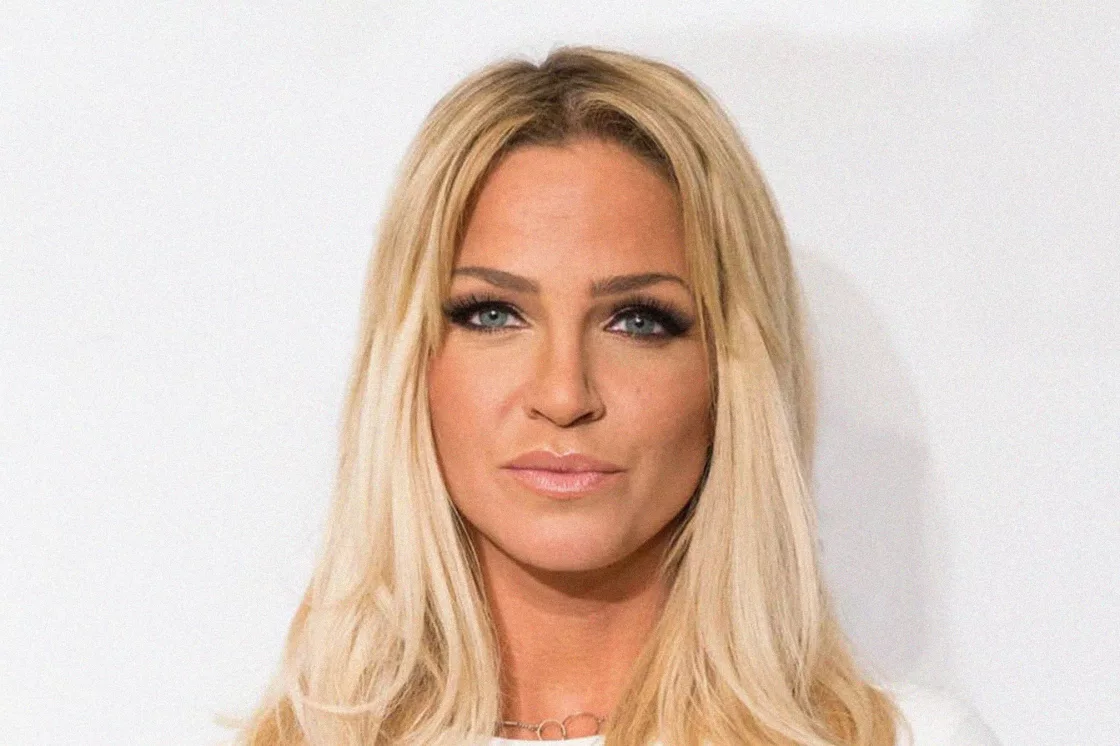
You may have seen in the news that Sarah Harding, who has secondary breast cancer, has written about dismissing a change in her boobs. Having noticed pain in one of her breasts, Sarah put off seeing a doctor. Eventually, she decided to get her breast pain checked out. She explained “One day I woke up realising that I’d been in denial. Yes, there was a lockdown, yes, there was a pandemic, but it was almost as if I’d been using that as an excuse not to face up to the fact that something was very wrong.”
We are saddened by Sarah’s diagnosis and know the devastating impact an advanced breast cancer diagnosis can have on the person diagnosed and their loved ones, and our thoughts are with Sarah and her friends and family as they navigate her treatment. Unfortunately, Sarah’s experience is still all too common. The “denial” Sarah felt about her breast pain is something we know a lot of young people experience.
Many of you tell us you are worried about wasting your doctors time, or have put off making a GP appointment because of anxiety about what they might discover. It is natural to feel some nervousness, but we want to reassure you that in the majority of cases, a change to your chest won’t be cancer. As Sarah’s story demonstrates, what’s really important is getting checked out. In the instances where a change is a symptom of breast cancer, early detection is critical. Below are the symptoms to be aware of, and guidance on easing your nerves and preparing for a doctors appointment.